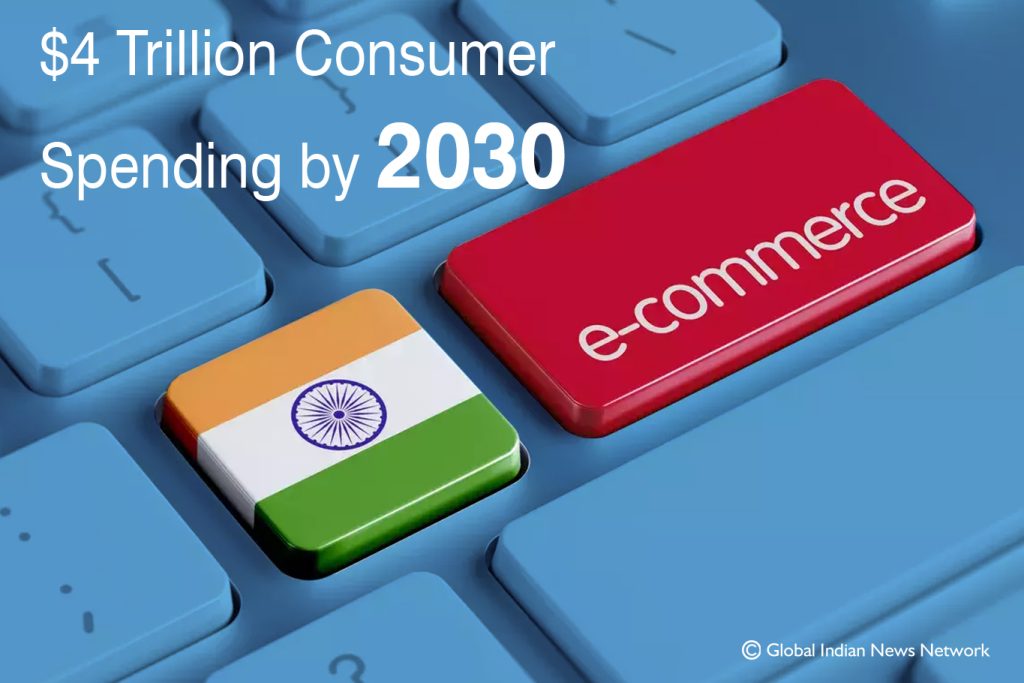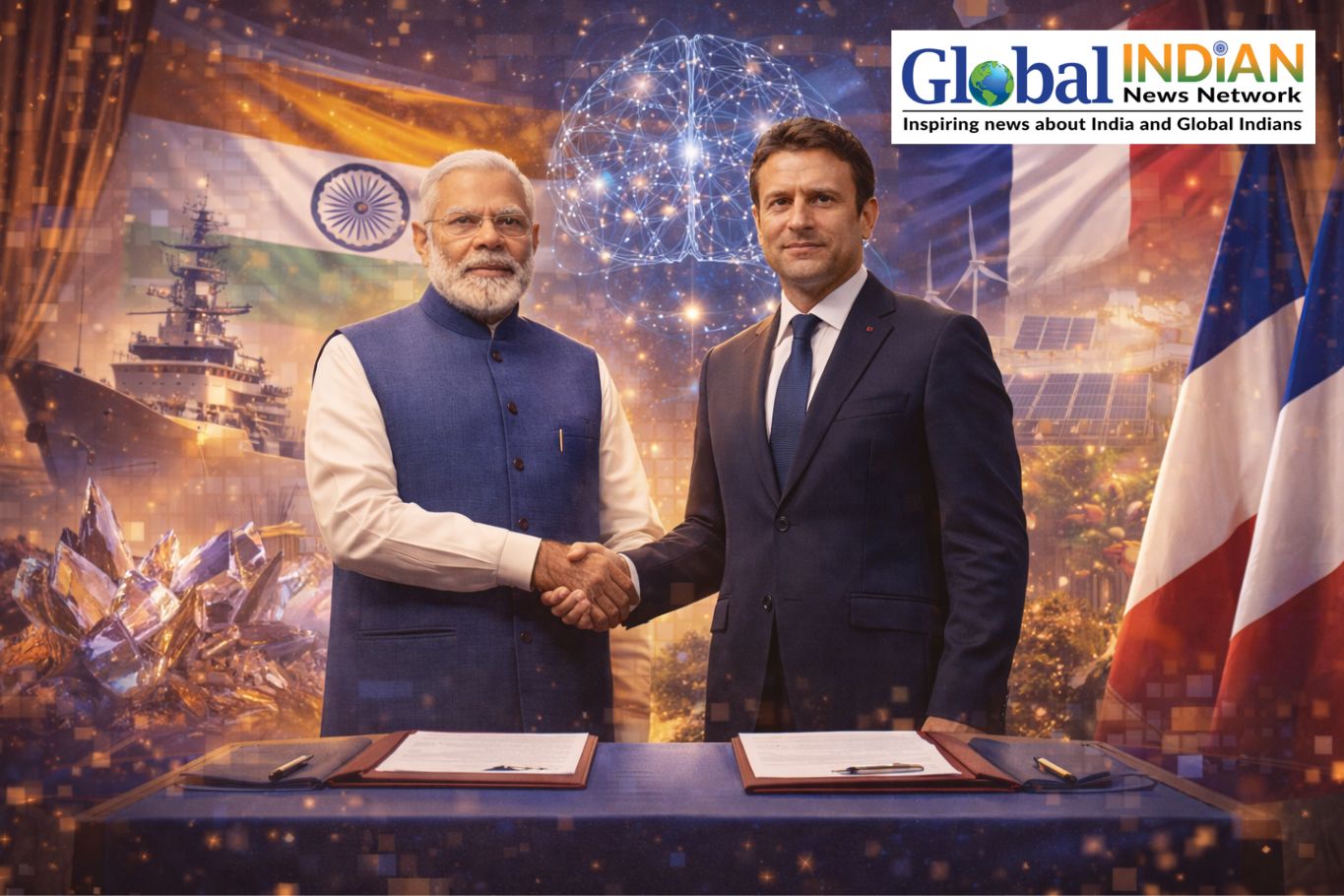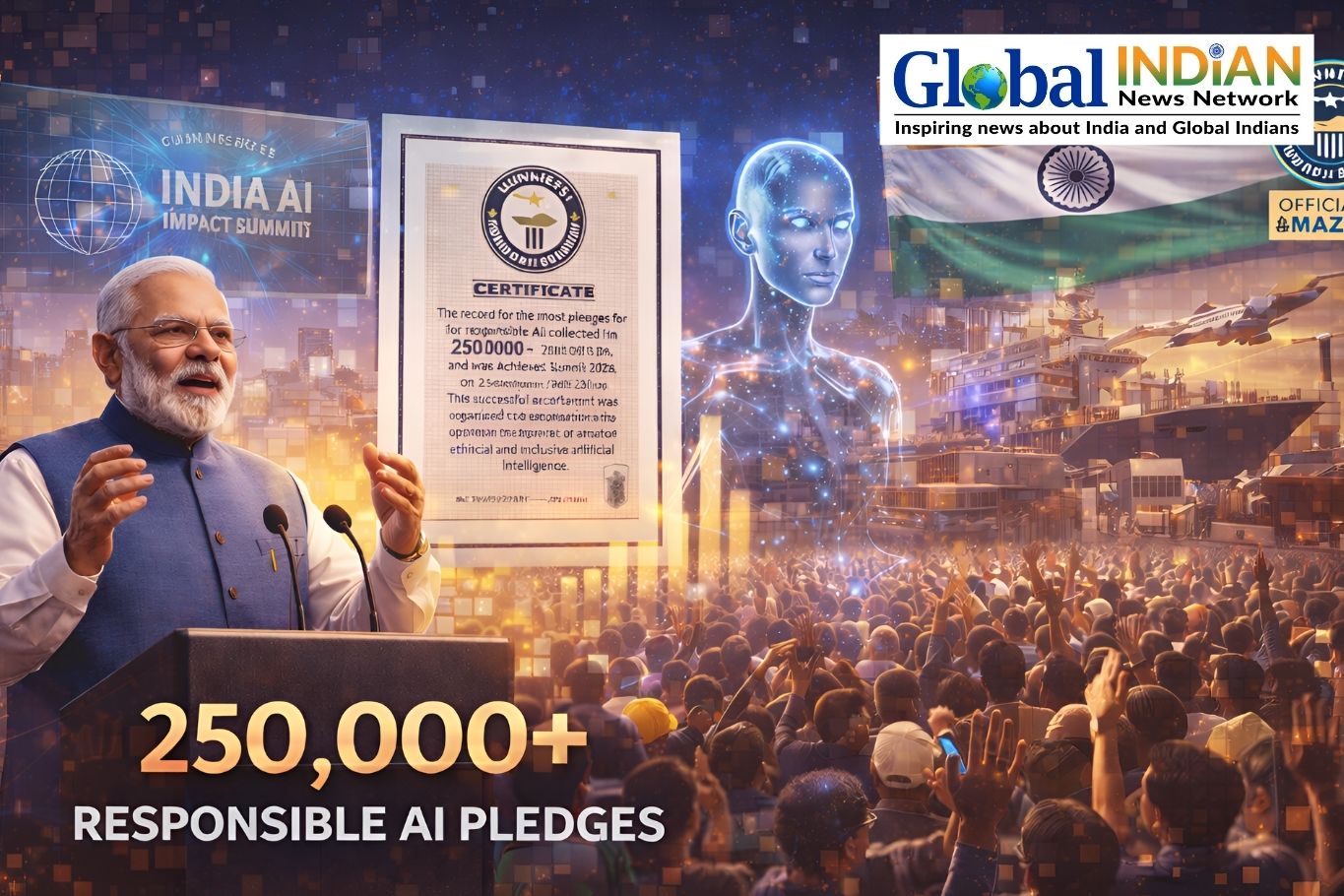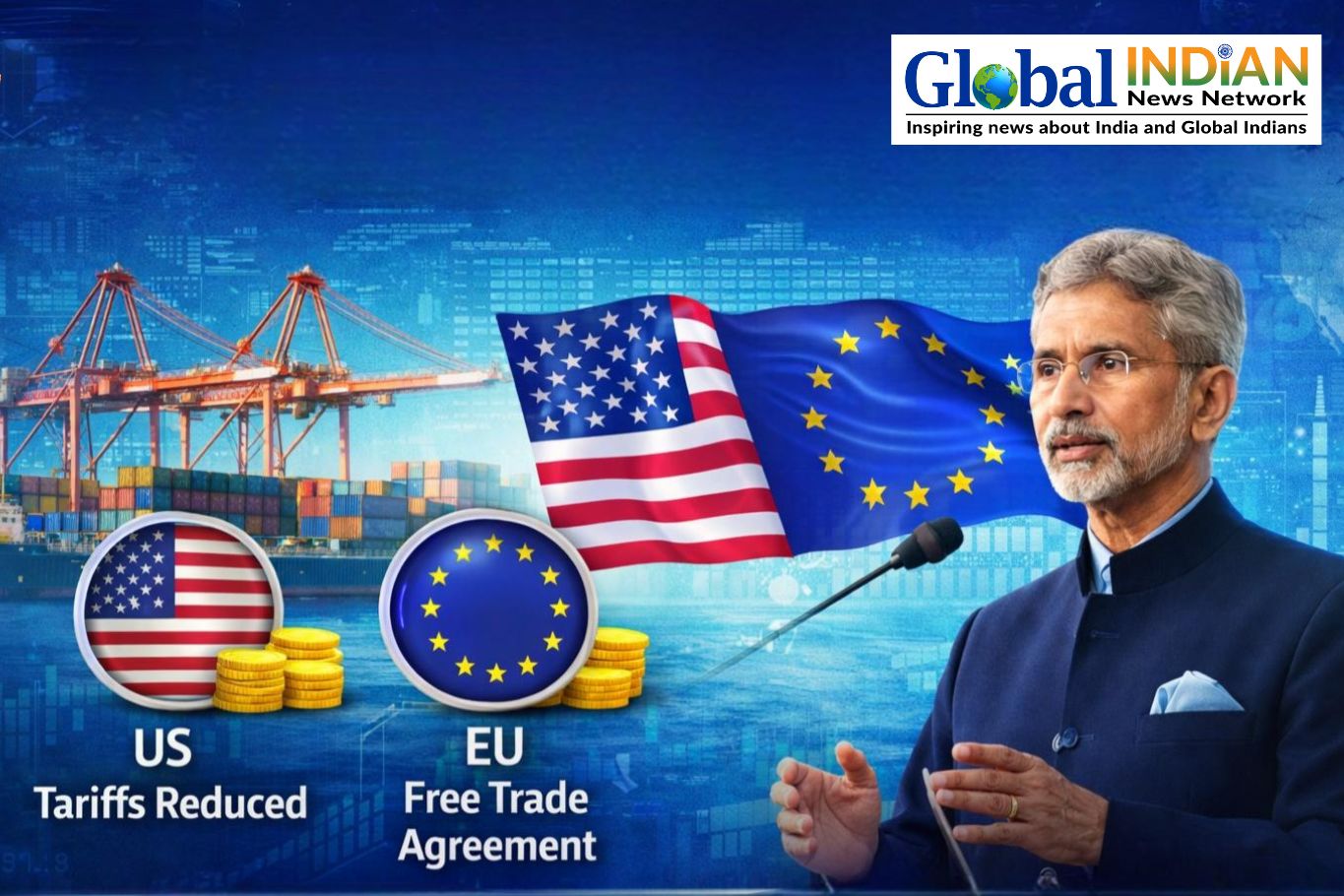
A report titled “eCommerce in the New Bharat and Its Future,” released by Shiprocket, forecasts that consumer spending in India is anticipated to surpass US$ 4 trillion by 2030. The study attributes this growth to rising domestic consumer expenditure and the expanding consumption market, projecting a nearly 10% compound annual growth rate (CAGR) in India’s consumer spending. Notably, consumer spending on various categories, such as food, housing, clothing, personal care, transportation, and communication, is expected to nearly double by 2030.
Among various payment methods, the report highlights that UPI is the preferred choice for prepaid transactions, chosen by 57% of consumers. Credit cards follow at 31%, and other options like wallets, net banking, and debit cards make up 12% of the choices. Online marketplaces are the preferred shopping destinations for approximately 80% of respondents, with fashion and accessories (48%), electronics (32%), and groceries (30%) emerging as the top purchased categories.
The report’s launch event saw the participation of notable figures including CEO and Co-Founder of Shiprocket, Mr. Saahil Goel, MD & CEO of ONDC, Mr. T Koshy, and CEO of Images Group, Mr. Bhaveh Pitroda. Mr. Goel emphasized the importance of supporting MSMEs through technology-driven solutions, considering their significant role in India’s digital economy growth and the Atmanirbhar Bharat vision. The report’s insights are expected to aid MSMEs in understanding their consumers better and utilizing these insights for business enhancement.
Mr. T Koshy, representing ONDC, echoed the sentiment of MSMEs as key players in India’s economic development, particularly within the e-commerce sector. He highlighted the report’s potential to provide valuable consumer insights, empowering MSMEs to make informed business decisions.
In the background, the government has been working on an e-commerce strategy since 2018, with a draft circulated in 2019. The strategy aims to establish coherence among various regulations governing the e-commerce sector, including the Consumer Protection Act, DPIIT’s foreign direct investment policy, the Competition Act, and the upcoming Digital India Act by the Ministry of Electronics and Information Technology.









